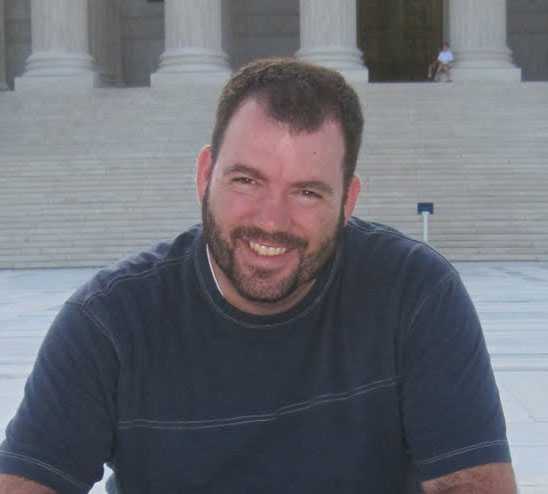What Falls Out: Preserving Our Digital Heritage with BitCurator
Take a moment and open your bottom desk drawer, the one with your old files in it. Rummage around for a bit and push way back until you see the inevitable papers, notes and detritus that have slipped out of various file folder and now lay at the bottom of the drawer. You will undoubtedly find papers back there, but you may also have a floppy disk or two, maybe a CD-ROM from a project long since set aside, or perhaps a flash memory card that has slipped between the folders. However, unlike the paper that surrounds them, these digital media are increasingly inaccessible as the hardware and software needed to access the data they contain are lost to disrepair, obsolescence and bit rot. It is worth taking a moment, while it is still at least possible to recover the data on these legacy drives, to think about what they contain: drafts of work since published, data accumulated over the course of a project, images and design work once painstakingly pored over. Like the leavings at the bottom of a drawer, these digital objects are frequently “what falls out” as we create, research, record and publish our digital work. Drawing on examples from a number of disciplines, this talk addresses both the necessity of preserving our digital heritage contained on legacy media and the means by which that preservation can be accomplished using the BitCurator environment, which is a customized Linux distribution designed to bring open source digital forensics tools to collecting institutions. The BitCurator environment is the product of the BitCurator project: a joint effort led by the School of Information and Library Science at the University of North Carolina, Chapel Hill (SILS) and the Maryland Institute for Technology in the Humanities (MITH) to develop a system for collecting professionals that incorporates the functionality of many digital forensics tools.
Speaker Bios
Media
A continuously updated schedule of talks is also available on the Digital Dialogues page.
Unable to attend the events in person? Archived podcasts can be found on the MITH website, and you can follow our Digital Dialogues Twitter account @digdialog as well as the Twitter hashtag #mithdd to keep up with live tweets from our sessions. Viewers can watch the live stream as well.
All talks free and open to the public. Attendees are welcome to bring their own lunches.
Contact: MITH (mith.umd.edu, mith@umd.edu, 301.405.8927).

